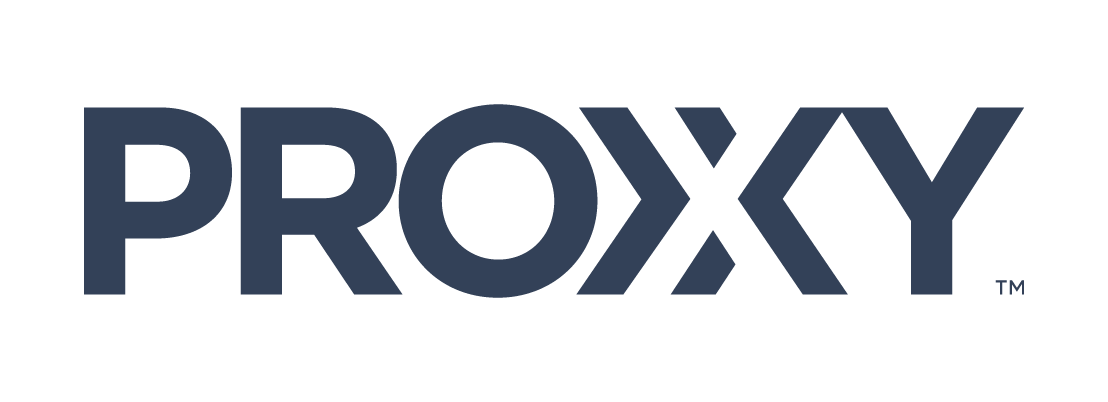In his TEDxKnoxville talk, “Lean Applied to Us”, Bill Peterson explains how lean process improvement can help professionals recover lost time and improve performance by eliminating invisible waste. Drawing from his experience helping organizations streamline operations, he outlines how most professionals work long hours with little time to think or be proactive. Lean offers a structured way to reverse that trend.
Lean is not about glamour. It is a practical, disciplined method rooted in the Toyota Production System, first described in The Machine That Changed the World. Peterson adapts this method beyond manufacturing into everyday knowledge work, healthcare, and personal productivity.
He focuses on seven specific wastes:
- Inventory: Too many unfinished projects pile up due to the pressure to stay busy. This overload causes inefficiency. Lean urges limiting work-in-progress to a manageable “bucket” of active tasks.
- Transportation: In office work, this means moving information poorly — usually through inefficient emails. Peterson recommends email protocols like those from The Hamster Revolution to improve clarity and reduce volume by 20%.
- Motion: Time is lost searching for digital files or switching mental contexts. Peterson suggests sorting files by name, date, and size, and organizing folders using a COAT system (Customer, Output, Administration, Team) to reduce daily search time.
- Waiting: Delays for responses or approvals lead to context-switching and new project starts, worsening overload. Use idle moments to reflect or organize instead of adding more tasks.
- Defects: Most mistakes stem from complexity and forgetfulness, not incompetence. Checklists and standard workflows, as outlined in The Checklist Manifesto, prevent rework and save time.
- Overprocessing: Multitasking reduces efficiency and increases errors. Peterson cites research showing that switching between tasks can reduce productivity by up to 40%. Focused, single-task work is more effective.
- Overproduction: Producing too early or too much leads to waste. In knowledge work, early drafts or data often become obsolete by the time they are needed.
Peterson stresses that applying lean costs nothing except time. The return is regained focus, reduced stress, and more space to do meaningful work. His message: use lean to free yourself from distractions and pursue your full potential.

